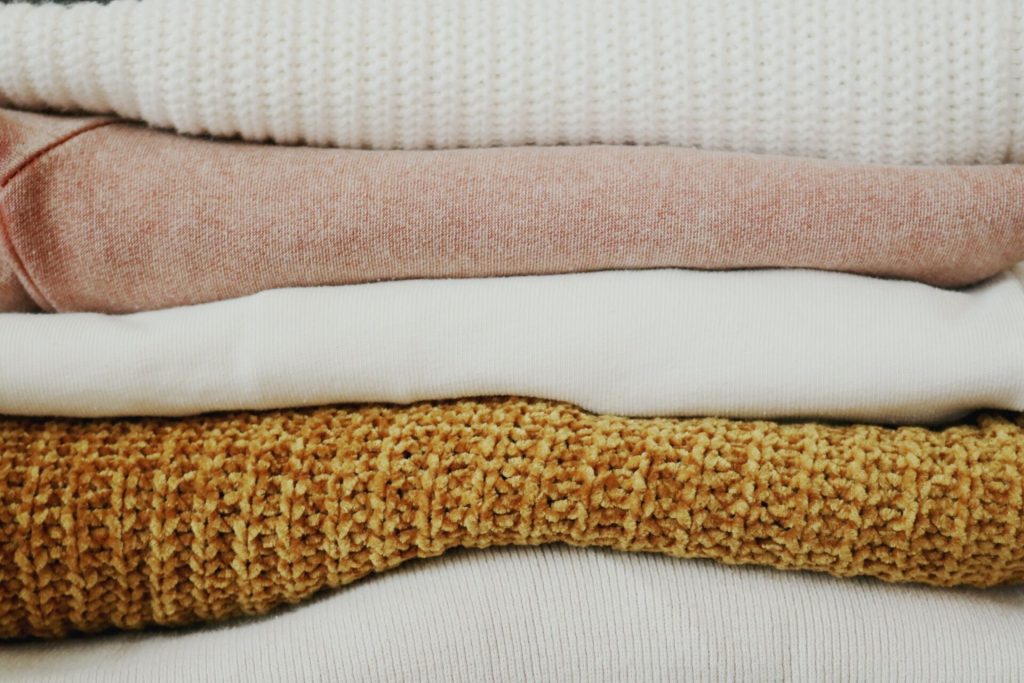The allure of fast fashion has captivated many. However, a discerning eye turns towards sustainable style, a beacon of quality in a sea of disposable attire. This conscious shift from quantity to quality in our wardrobes is not merely a fashion statement but a declaration of values, intertwining personal style with environmental responsibility and ethical awareness.
THE ENVIRONMENTAL COST OF FAST FASHION
The fast fashion industry, with its rapid production cycles and low-cost clothing, is a major contributor to environmental degradation. This model thrives on the relentless creation of disposable garments, leading to excessive consumption of natural resources, significant pollution, and a deluge of textile waste. Choosing sustainable fashion, conversely, means investing in garments that are designed to last, thereby reducing the ecological footprint. This conscious choice plays a vital role in mitigating the industry’s impact on the environment, fostering a culture of responsibility towards our planet.
ECONOMIC BENEFITS OF SUSTAINABLE FASHION
Embracing sustainable fashion transcends environmental consciousness, extending its benefits to the economic realm. While high-quality garments may command a higher price upfront, their longevity offers unparalleled value over time. This approach to fashion consumption supports brands that champion fair labour practices and equitable working conditions, contributing to a more ethical fashion ecosystem. In turn, this fosters a market where consumer choices drive industry standards towards sustainability and ethical responsibility, reshaping the fashion landscape for the better.

BRANDS THAT LAST
It’s crucial to choose brands that will provide you with fashion that stands the test of time. An excellent example is Jacquemus, a brand renowned for its commitment to quality and sustainable practice. By supporting such brands, consumers contribute to a paradigm shift in the fashion industry, promoting a model where elegance coexists with ecological and ethical considerations, thereby enriching the fashion narrative with a deeper sense of purpose and responsibility.
PERSONAL BENEFITS OF QUALITY GARMENTS
Opting for quality over quantity transcends the tangible realms of economy and environment, venturing into the personal sphere. High-quality garments are not just clothes; they are expressions of individuality, crafted with superior materials and meticulous attention to detail. This choice empowers individuals to cultivate a unique and timeless style, breaking free from the transient trends of fast fashion. It encourages a deeper connection with our clothing, where each piece tells a story and holds a place of significance in our wardrobes and lives.
THE SOCIAL IMPACT OF SUSTAINABLE FASHION
The move towards sustainable fashion carries a profound social impact. By choosing quality over quantity, consumers send a powerful message to the fashion industry, championing sustainability and ethical practices. This consumer-driven demand prompts brands to rethink their strategies, steering the industry towards a more sustainable and socially responsible future. Moreover, it inspires a collective re-evaluation of fashion choices, cultivating a community that values the longevity, ethics, and aesthetics of what we wear, thereby nurturing a more conscious and connected society. Choose timeless summer co-rds and winter knits that will last beyond seasonal trends.
WRAPPING UP
The choice of sustainable style over fast fashion is a compelling narrative of quality, ethics, and aesthetics. It’s a journey towards a more responsible and thoughtful approach to fashion, where each choice we make reflects our commitment to the planet, our communities, and our personal style. As we embrace this paradigm, we contribute to a more sustainable, equitable, and beautiful world, one garment at a time.






